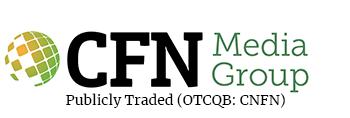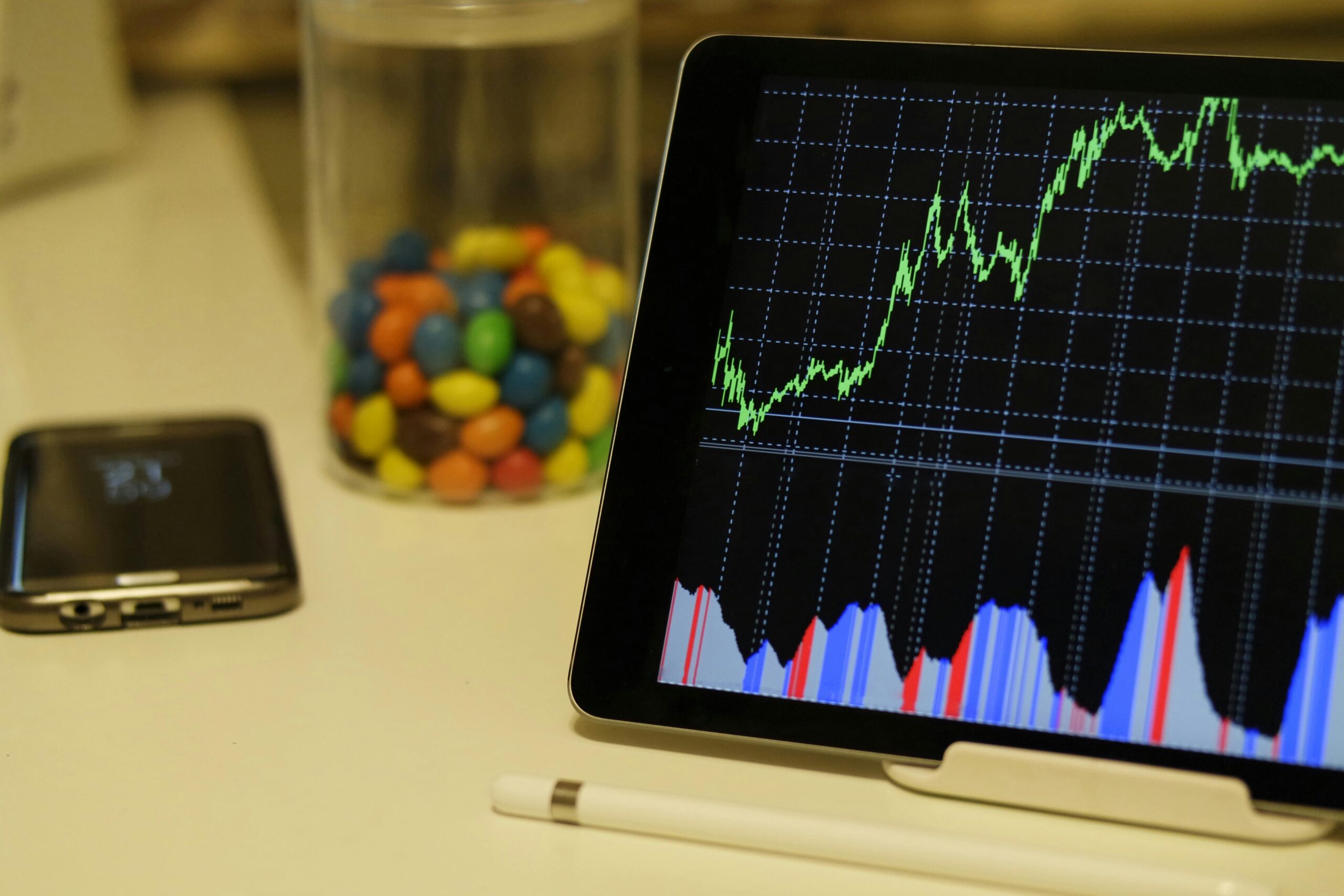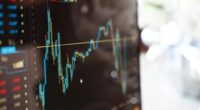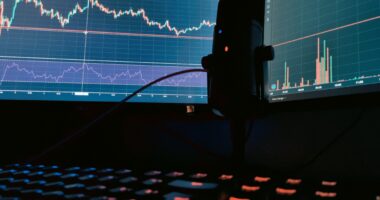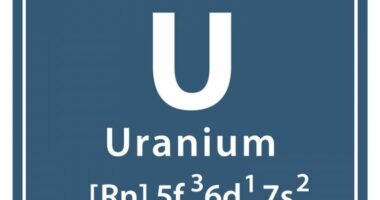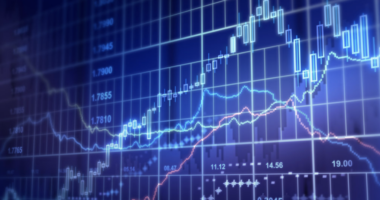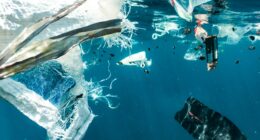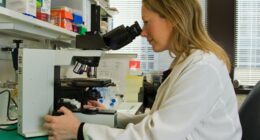Major technological advances are often driven by market demand for solutions to obvious problems. The demand can arise from a number of factors, including societal or demographic changes (health tech for an aging population, focus on green technology), increased connectivity (global networks, knowledge sharing, social media), and government policy (electric vehicles, carbon sequestration, alternative energy sources).
Regardless of the source, innovative companies push technology forward in a race to provide the best solution. The plastic recycling market is currently undergoing such a transformation, driven by inefficient technology and commercial/governmental demand for solutions to the overwhelming plastic waste problem. Less than 10% of plastic is recycled while global production continues to skyrocket.
One emerging player in the market is Aduro Clean Technologies Inc. (NASDAQ: ADUR) (CSE: ACT) (FSE: 9D50). After years of laboratory development, Aduro is preparing to commercialize its Hydrochemolytic™ technology, a water-based chemical process capable of recycling and upgrading almost any type of plastic. Aduro gives investors the opportunity to participate in the plastic recycling revolution, offering plenty of potential upside as it closes in on full commercialization.
New Partnership
Aduro very recently announced a partnership with NexGen Polymers, a leading supplier of virgin and recycled polymers to plastic manufacturers. Polymer suppliers play a key role in the industry, ensuring the availability of raw materials in an increasingly complex market. Specialty polymers are often required for particular applications, while the push to create a circular economy for plastic has led suppliers to find and invest in sustainable alternatives and recycling technologies.
NexGen Polymers has carved out a niche by focusing on brokering and managing polymer waste streams rather than direct large-scale production. NexGen specializes in both virgin and recycled polymers, emphasizing sustainability throughout its supply chain. The two companies seem made for each other, considering their commitment to creating a circular economy for plastic.
“Aligned with our strategic objectives, commencement of work on the demonstration plant is a critical step in our path toward commercialization,” said Ofer Vicus, CEO of Aduro Clean Technologies. “NexGen is a strong partner with extensive industry experience and the resources necessary to support and expedite this process. We look forward to collaborating with them as we advance the implementation of our commercialization strategy.”
“At NexGen, we are committed to providing our clients with innovative and sustainable polymer solutions,” said Daniel Peretz, President of NexGen Polymers. “Collaborating with Aduro allows us to explore a next-generation technology that can help bridge the gap between plastic waste and circularity. We look forward to working together to validate its potential at scale.”
The partnership is focused on the development of Aduro’s commercial-scale demonstration plant, anticipated to process 8,000 tons of plastic per year. The company is currently building its Next Generation Process (NGP) pilot plant, scheduled to complete in Q3 2025. The NGP represents the third iteration of testing and demonstration units, and the data from the NGP will fully inform the design of the commercial-scale plant.
Phase 1 of the collaboration consists of:
- Feedstock Brokerage Services – Develop a robust supply chain strategy to ensure reliable sourcing of waste polymers. This includes inventory management, securing feedstock agreements, transportation planning, and warehousing necessary to maintain consistent plant operations.
- Site Selection, Evaluation, and Preparation – Assess NexGen’s facilities and identify appropriate locations for the demonstration plant. This includes evaluating infrastructure, utilities, zoning regulations, and future expansion potential, as well as ensuring sufficient access for transportation and logistics operations.
- Site Permitting, Zoning, and Building Approvals – Address all regulatory and compliance requirements, including zoning approval, building permits, environmental compliance, operational safety, and emissions regulations. This step ensures that the site can legally and efficiently accommodate the demonstration plant as well as any future modifications.
- Preliminary Engineering and Business Model Development – Define the demonstration plant’s key design, process, and operational parameters while establishing a commercialization framework for future scaled-up units. This includes evaluating process efficiency, cost structures, and potential licensing or deployment models for broader industry adoption.
Building Up to Commercialization
Aduro has been steadily advancing toward revenue generation for several years now. Founded in 2011, the company developed its technology through partnerships with research organizations, its own lab work, and grants. The company went public in Canada in 2019, and debuted on the Nasdaq in the United States in November 2024.
The Nasdaq IPO was the culmination of years of stepwise development, a process of proving and improving the technology, engaging potential customers in trials specific to their needs, and increasing the scale of its solution. The collaboration with NexGen Polymers builds on existing partnerships with global energy giants Shell and TotalEnergies. In short, Aduro is steadily building market confidence in what could be a groundbreaking technology.
Aduro’s system offers potential advantages over many competitors because it can work with a wide variety of plastic types rather than focusing on just one or two. Aduro has shown it can efficiently recycle polypropylene, polystyrene, and polyethylene—these types of plastic represent about 70% of the plastic currently entering municipal waste systems in the United States.
Aduro’s technology utilizes only widely available industrial components, is scalable from small to very large, and can be configured in various ways to meet individual customer needs relative to the type of feedstock and the type of end product required.
The Competitive Landscape
The reality of Aduro’s commercialization plan is getting more tangible every day. With governments and multinational corporations committing to reducing emissions, increasing sustainable plastic alternatives, and greatly reducing plastic waste, the timing is excellent.
Existing technologies, mainly focused on mechanical and chemical recycling methods, are simply not up to the challenge. They require too much sorting and cleaning, or use too much energy, to make them economically viable. Additionally, almost everything on the market is only capable of dealing with one type of plastic. With the wide variety of plastic types currently in use, the market is in dire need of a more diverse solution like Aduro’s.
To give you an idea of the potential in the space, take a look at PureCycle Technologies, Inc. (NASDAQ: PCT). PureCycle is Aduro’s main comparable in the public markets, and is perhaps a year or two ahead of Aduro in its commercialization process. PureCycle’s technology was developed by Procter & Gamble and is capable of recycling polypropylene only, which accounts for about 25% of global plastic production.
Anticipating meaningful revenue at some point this year, PureCycle trades at a valuation of approximately $1.46 billion on top of about $600 million in debt (enterprise value of ~ $2.1 billion). Aduro’s technology has been proven capable of addressing a far wider range of plastic types, and its valuation lingers in the $150 million range.
As Aduro continues to build the foundation of a robust commercial rollout, look for each step of development to grow confidence in its technology and its capabilities. The plastic industry is certainly interested and aware, and the public markets should catch up soon.
